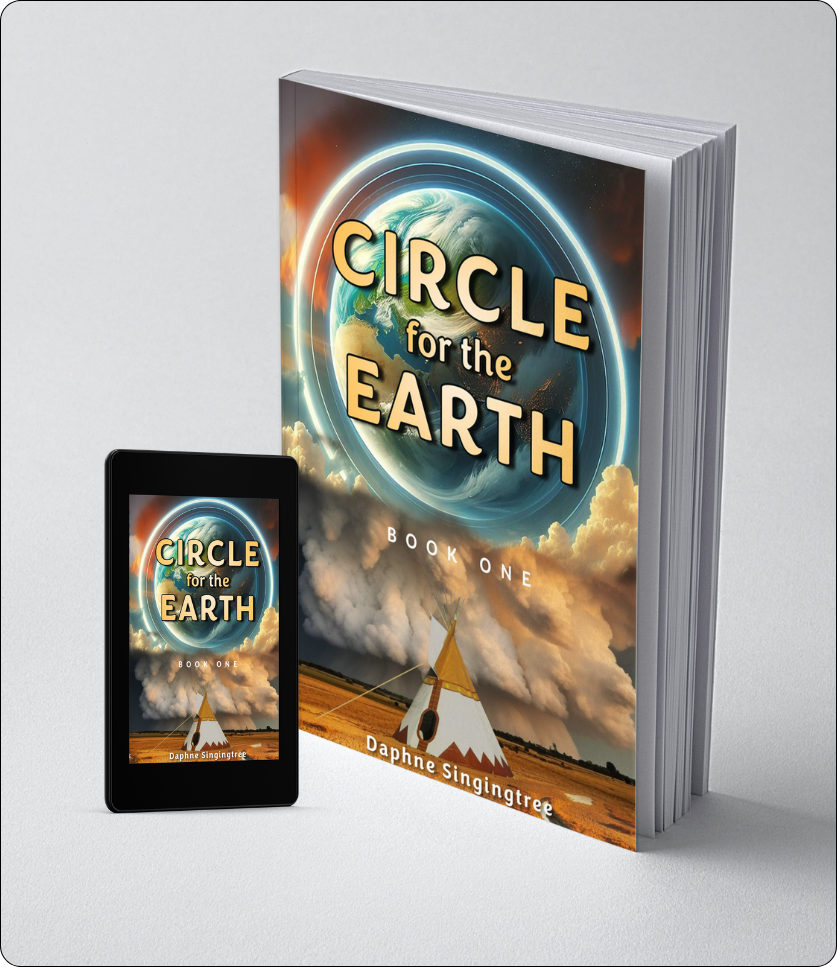
Marketing & Fundraising
I didn’t know when I wrote my first novel (link in comments) that self-publishing would involve spending so much time on marketing. I read that successful indie authors spend 20% of their time writing and 80% marketing. One reason I closed my herbal product business was because I hate marketing. While I can handle Facebook, probably because I am old, I’m pretty terrible at Instagram, TikTok, and the rest. It’s been frustrating, time-consuming, and a bit baffling to learn all the new software, apps, and terms to navigate the complicated world of self-publishing.
I understand why people want to hire someone to do it for them, but I have yet to hear of anyone who isn’t a scammer or who won’t just take your money, put up a few online ads, and call it a day. The number of scammers, unethical people, overpriced “professionals,” and others who promise the moon and give you rocks is staggering. I also found out that no matter how good your book is, if you don’t get lots of five-star reviews in the first week and hit the right combination of things the algorithm likes this month, you’ll be lucky to break even.
The last time I self-published my nonfiction books, decades ago, was very different. It was such a narrow niche—homebirth midwifery—that I did no marketing. I did all the work myself, friends edited, and the major expense was printing. My midwifery books never made a lot of money but have chugged along okay. They direly need revising, which I hope to get to in the next year.
Writing a fiction novel today is very different. I needed to pay professional editors and graphic designers. Doing it myself with friends and family was not going to cut it. It ended up being very expensive, costing thousands of dollars, meaning I need a lot of sales to break even. I put most of it on credit cards. I thought about doing a Kickstarter or GoFundMe and still may do that for a special edition.
I was blessed that the nonprofit organization I’m involved with, Zaniyan Center, recognized my novel as promoting ideas that align with our mission of promoting plants for health and a connection to the Earth. Fiction, whether books or movies, can change people’s consciousness, and since the book is ultimately about how a diverse group of people join together to create a better world, it was felt to be a good use of the nonprofit’s limited resources. Consequently, I choose to donate all the proceeds, not the profits, all the income from the book to Zaniyan Center. We were blessed with a donation that covered some of the upfront publishing costs, but more tax-deductible donations are needed and appreciated.
